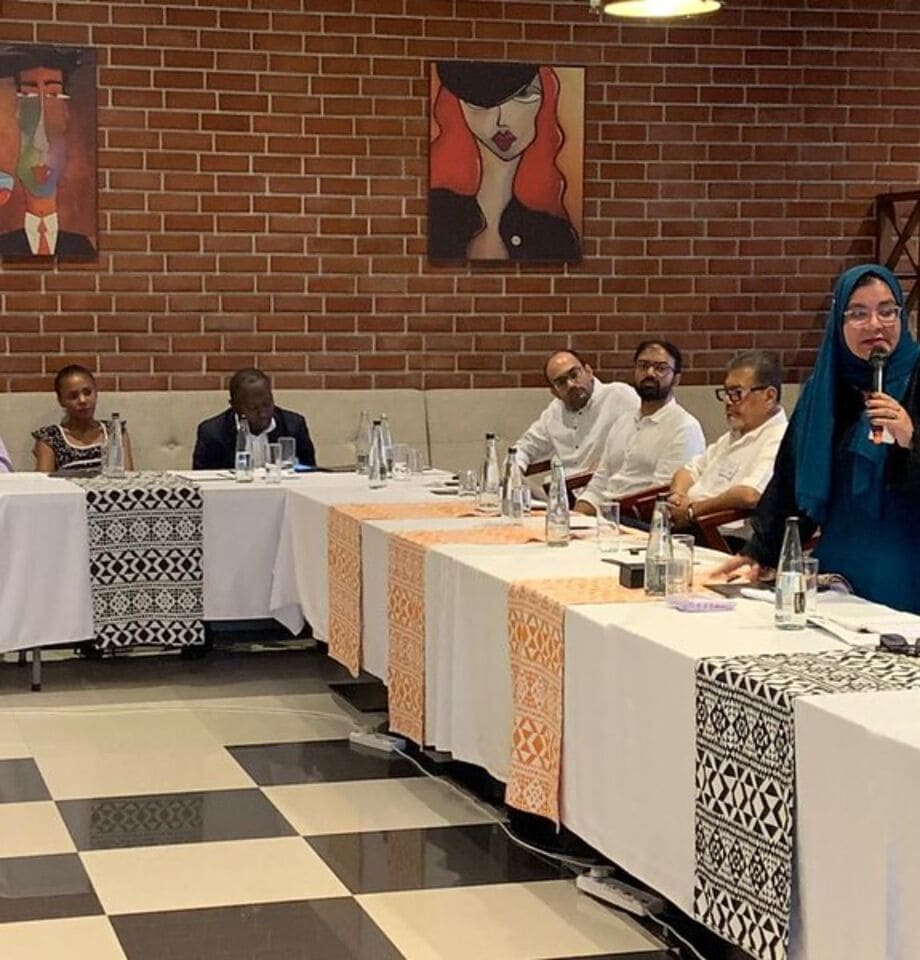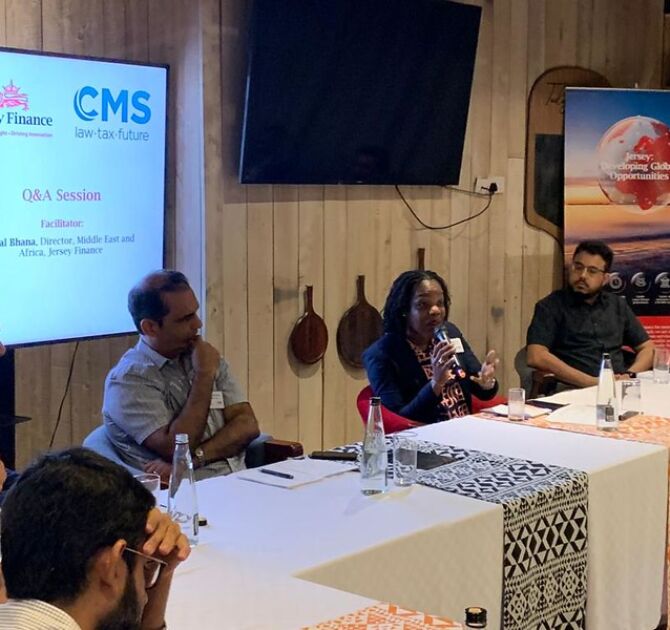Recent research conducted by Asoko has revealed that Kenya boasts close to 500 family-owned businesses that generate revenues surpassing the US$10 million mark. This diverse spectrum of businesses spans across various industries, sectors and specialisms. Furthermore, among these businesses, close to 15% achieve annual earnings exceeding US$50 million, a quarter of which exceed the US$100 million threshold.
Despite their positive impact on Kenya’s economy, family-owned businesses face several structural challenges, including a lack of robust succession planning and good governance strategies, poor management, as well as challenges with the integration of the next family generation (‘the NextGen’) – all of which, if not correctly addressed in a timely and inclusive way, could potentially limit their growth and reduce their lifespan. Local, regional and international press are littered with examples of families that have experienced dire consequences and potential bankruptcy, in addition to the breakdown of family ties and destruction of the family legacy, as a result of failing to address succession and governance adequately and early.


Jersey Finance recently hosted an exclusive invitation-only roundtable discussion with financial services professionals and business owners in Mombasa, in collaboration with CMS Daly Inamdar Advocates, that brought together family enterprises, including family businesses and family offices, and their advisers to discuss ‘Responsible Leadership for East Africa’s NextGen: A Family Business Roundtable’.
The aim of this roundtable convening was to identify various opportunities that family-owned businesses could take into consideration for effective succession planning. A recent study by PwC that reviews East Africa’s Family Offices landscape states that 75 – 77% of family businesses are looking for growth in the region. Conversely, however, the report also found that 70% of such firms are unlikely to survive the transition from the founder to the second generation.
During the roundtable dialogue, our discussions delved into several critical subjects which are paramount to successful family business management, operation and preservation. Topics encompassed the dynamics of succession and governance within family enterprises, strategies for overcoming cultural barriers among generations, the pivotal role of family governance in facilitating seamless transitions within the company, legal considerations in the context of succession planning, and the incorporation of Shari’a-compliant principles in relation to succession and governance.
What especially caught my attention during the discussion, was an experience shared by a NextGen qualified engineer who currently leads her family’s enterprise.
For the sake of reference, we'll refer to her as Mary; who is based in Mombasa. Mary's thought-provoking question centered on the notable observation that groups of family-owned businesses were only just coming to grips with the complexities, both operational and legal, when it comes to succession planning.
She shared her own experience of being thrust into leading their family business as a second-generation member as a result of the death of the founder of the business, her father.
Although relatively transparent and good-intentioned, the transition plans were perhaps in the mind of the late founder and the sudden death of the founder catapulted the NextGen into a role that was new to them.

As a highly educated and close-knit family, the family were able to address the challenges head-on, with Mary having to make some life-changing decisions about her own career projection. She decided, in agreement with her entire family, to take the helm of their business. Today, the family business flourishes, with family bonds strong and intact.
Perhaps the most important observation she shared was that as the third generation now get involved in the business, the approach they have decided to take as a family is very much a proactive, long-term path, surrounding themselves with able and experienced advisers to guide them along the ‘journey of succession’.
Market Insights into Waqf Principles

Not all families are able to survive through such a drastic and fundamental change. Nevertheless, Mary and her family’s valuable experience set the scene for a lively exchange of similar experiences among roundtable attendees.
Drawing from my own experience in supporting and advising family enterprises across the Middle East, Africa and India, further on you can read my overview in-depth analysis on the background and significance of the Waqf principle in engaging the next generation within family-owned businesses. I focus particularly on the Kenyan context, specifically in situations where religious belief, in this case adherence to Islamic principles, is a critical prerequisite.
Mary’s question on the complexities of succession planning, while seemingly straightforward, transcends racial boundaries. It emphasises the importance of equity and integrity in treating all family members impartially, for this is how longevity is assured within the family enterprise and the family legacy is protected. Those you bring with you along the decision-making process will stand tall to protect the plan and family legacy.
Another example that also was very interesting and well received by the attendees was the increasingly popular route of structuring endowments – whether they are private or public, fixed or perpetual – and include Shari’a-compliant endowments or Waqf. For the Kenyan coastal community which has a large Muslim demographic, this is seen as an attractive tool available for succession planning.


